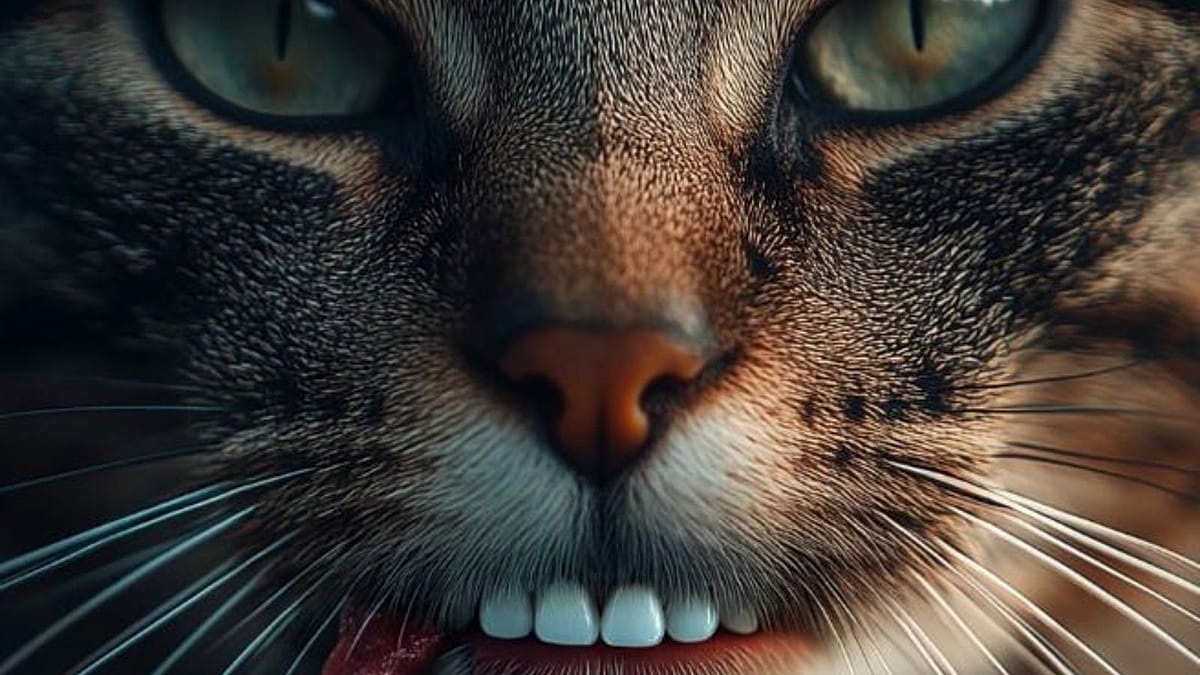Published on
“Don’t judge a book by its cover” goes the famous idiom, one which may be tough to preach in a world increasingly submerged with AI slop.
Two well-known writers from New Zealand are finding that out the hard way, as they have been disqualified from consideration for the country’s top literary prize due to their book covers, which contain AI-generated imagery.
Stephanie Johnson’s “Obligate Carnivore” and Elizabeth Smither’s “Angel Train” were submitted for the Jann Medlicott Acorn Prize for Fiction, an award run by the New Zealand Book Awards Trust as part of the Ockham New Zealand Book Awards.
According to RNZ, the organisers were alerted by a bookseller who warned that both jacket designs seemed to feature imagery generated by artificial intelligence.
The publisher, Quentin Wilson Publishing, confirmed that the covers featured AI-generated imagery, an admission which then led the books to be deemed illegible for the 2026 awards.
Harsh? To a point, as the New Zealand Book Awards Trust introduced a new rule in August which states that any book submitted for the awards cannot contain AI interference – whether in content or artwork.
Quentin Wilson Publishing told The Guardian that the books were submitted prior to this new guideline, and that it was therefore “far too late for any publisher to have taken this clause into account in their design briefs.”
The publisher added: “It is obviously heartbreaking that two wonderful pieces of fiction by highly respected authors have become embroiled in this issue, even though it has absolutely nothing to do with their writing.”
Chloe Blades, manager of Unity Books Auckland, defended the restrictions, sharing with RNZ that they benefit and protect creative integrity.
“Book covers speak to what’s inside the book, interpreted by sentient, compassionate, empathetic, thoughtful people, and it’s those characteristics that AI can’t offer that give a book its character and soul,” said Blades. “I know this is a strong opinion and it’s okay for people to disagree, but people designing a book cover is, just like writing the book, how we maintain our industry’s creativity and integrity.”
Johnson said she was also deeply concerned about the encroachment of AI in creative fields, but that the decision was disappointing.
“I’d be lying if I said I wasn’t sad about it,” the author told The Guardian, adding that she was worried that people could assume she used AI to write her collection of short stories – something which she denies.
“Instead of talking about my book… and what the inspiration was, we are talking about bloody AI, which I hate.”
Johnson added in a statement to news outlet Newsroom that her disqualification was “ironic”, considering her “distrust and dislike of AI in the creative sphere”.
“I have never used it in my writing process,” she said, “and never will.”

